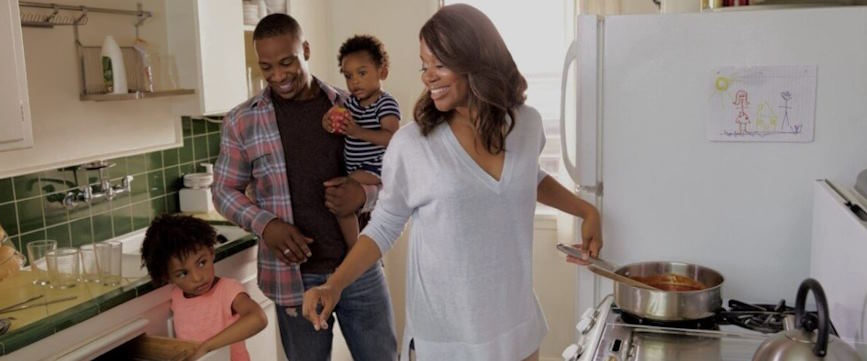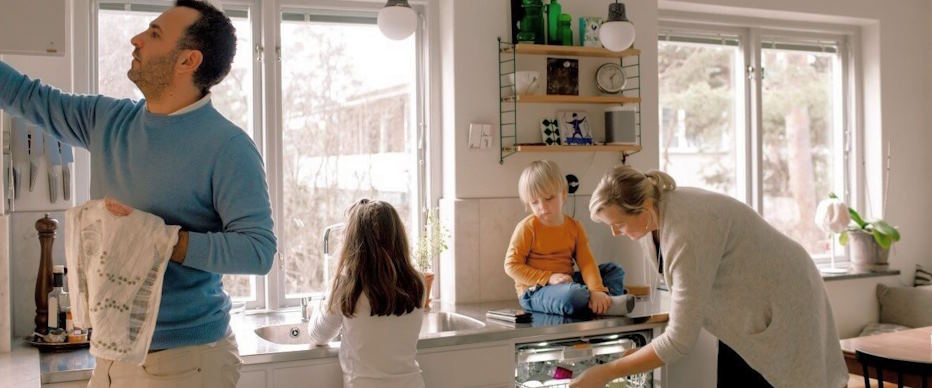Shared Household Chores: Building Teamwork and Responsibility

In many households, chores and responsibilities fall disproportionately on one person’s shoulders. However, there are significant benefits to involving everyone in these tasks. In this article, we’ll discuss how shared household chores promote teamwork and responsibility, benefiting individual family members and the overall dynamics of the household.
Benefits of Shared Chores
Fosters Teamwork
Every household member’s participation in chores creates a sense of unity and teamwork. Family members learn to rely on each other and work together towards common goals. This teamwork extends beyond chores and can improve communication and collaboration in various aspects of family life.
Teaches Responsibility
Sharing chores instills a sense of responsibility from a young age. Children learn that they are essential in maintaining the household and contributing to its smooth operation. This responsibility can translate into other areas of their lives, such as school and relationships.
Equalizes Workloads
When chores are evenly distributed, it prevents one person from feeling overwhelmed or unfairly burdened. It can reduce stress and tension within the family and promote a more harmonious living environment.
Encourages Accountability
Knowing their contributions are vital to the family’s well-being encourages family members to be accountable for their actions. They understand the direct impact of their efforts and learn the importance of follow-through and commitment.

Age-Appropriate Tasks
Assigning age-appropriate tasks ensures that everyone contributes according to their abilities. Here are some examples:
Young Children (Ages 2-5)
These children can handle simple tasks like picking up toys, putting dirty clothes in a hamper, or setting the table with assistance.
Older Children (Ages 6-12)
Older kids can take on more significant responsibilities like making their beds, emptying the dishwasher, and helping with meal preparation.
Teenagers
Teenagers can be responsible for more demanding tasks such as doing laundry, mowing the lawn, and assisting with grocery shopping.
Creating a Chore System
Define Chores
Clearly outline which chores need to be done regularly and which can be done rotating.
Set Expectations
Discuss expectations with each family member. Ensure everyone understands their role in maintaining the household.
Be Flexible
Recognize that some days might be busier. Be flexible and willing to adjust responsibilities when needed.
Offer Rewards
Consider implementing a reward system to motivate participation, especially with younger children. Rewards can include privileges, treats, or special outings.
Shared household chores and responsibilities are essential for promoting teamwork and teaching responsibility within the family. When everyone contributes their fair share, it fosters a sense of unity and ensures that the burden of maintaining the household is distributed equitably. By instilling these values from a young age, you’re building a harmonious home and preparing your children for a responsible and cooperative future.

 Get to know Leslie Grosso, our insightful author. Drawing from her diverse experiences, she weaves compelling tales that resonate with women of all walks of life, offering wisdom, empathy, and inspiration.
Get to know Leslie Grosso, our insightful author. Drawing from her diverse experiences, she weaves compelling tales that resonate with women of all walks of life, offering wisdom, empathy, and inspiration.